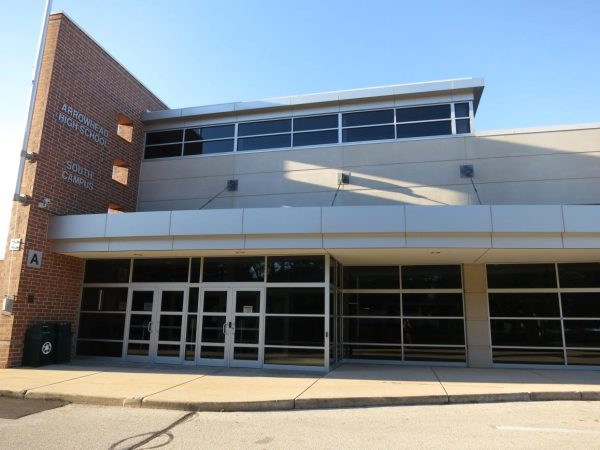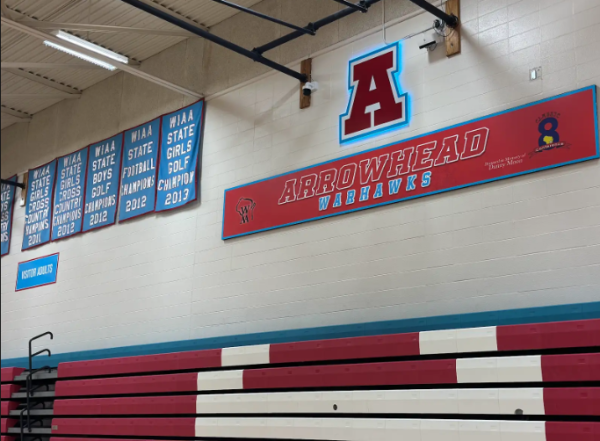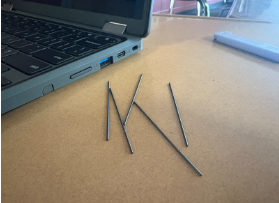How Students Cope with Everyday School, Sports, Work
Nightly homework and weekly tests, not to mention everyday sports practices and games, are not unusual in high schools. Students such as Arrowhead sophomore Savannah Knaak, have added work to the ongoing list of responsibilities.
“I find the best way [to get everything done] is to make lists and check off things I get done after I do them. I usually have a sport for two hours after school and when I get home, I try to put my phone away and dedicate my time to homework,” says Knaak.
An average school day is eight hours long and a typical sports practice is two to three hours long. After an 11 hour day, students who work put in more hours away from school, leaving less time for homework and sleep.
“I always plan ahead of how long it should take for homework when I get done with sports,” says junior Taylor Olivier.
Although working students have less time to do homework and get a good night’s sleep, students at Arrowhead are required to have at least one study hall in their schedule. This can provide working students with some time to get part of their homework done.
“Study halls help me to get lots of work done. They help me relax more and not get as stressed out because I work on all my homework during it,” says senior Emma Chromy.
Some of the working students and athletes choose to take advanced placement classes. According to sophomore Ava Glapinski, the advanced placement classes are accompanied by hours of homework every night and leaves some students with only a 20 minute study hall.
Sophomore Molly Leyden says, advanced placement students are warned about the heavy workload yet Leyden and others choose to take these difficult classes along with their already busy lives.
“Being in AP US History, I have a really tough workload. We have at least 45 minutes of homework a night, paired with studying for tests and quizzes, and it takes away a lot of time. I tend to push off work until Sundays, which is hard because I work every Sunday afternoon,” says Leyden.
Juniors and seniors are offered FSO (flexible scheduling option) which allows them to come into school late or leave school early. Flexible scheduling allows upperclassmen to go home early or come to school late.
According to the Arrowhead website in order to have FSO, you must have 3.0 GPA, have enough credits to be on track to graduate, have no expulsions or suspensions, no attendance letters, and have no more than two unexcused absences per semester.
According to the Washington State Department of Labor and Industries, 14 and 15-year-olds are allowed to work a maximum of three hours a day during the school year and 16 and 17-year-olds are allowed to work a maximum of four hours a day. Study halls, FSO, and some grueling late nights are all ways for students like Chromy, Knaak, Olivier and Leyden to cope with the stress of school, sports, and jobs.
“I think having a job has a huge influence on my education and athletic performance. It keeps me so motivated and determined. I feel much more mature and I think the time and effort put into it pays off. I do not regret keeping my job in the school year and I think it will have a great effect on my school year,” says Knaak.






